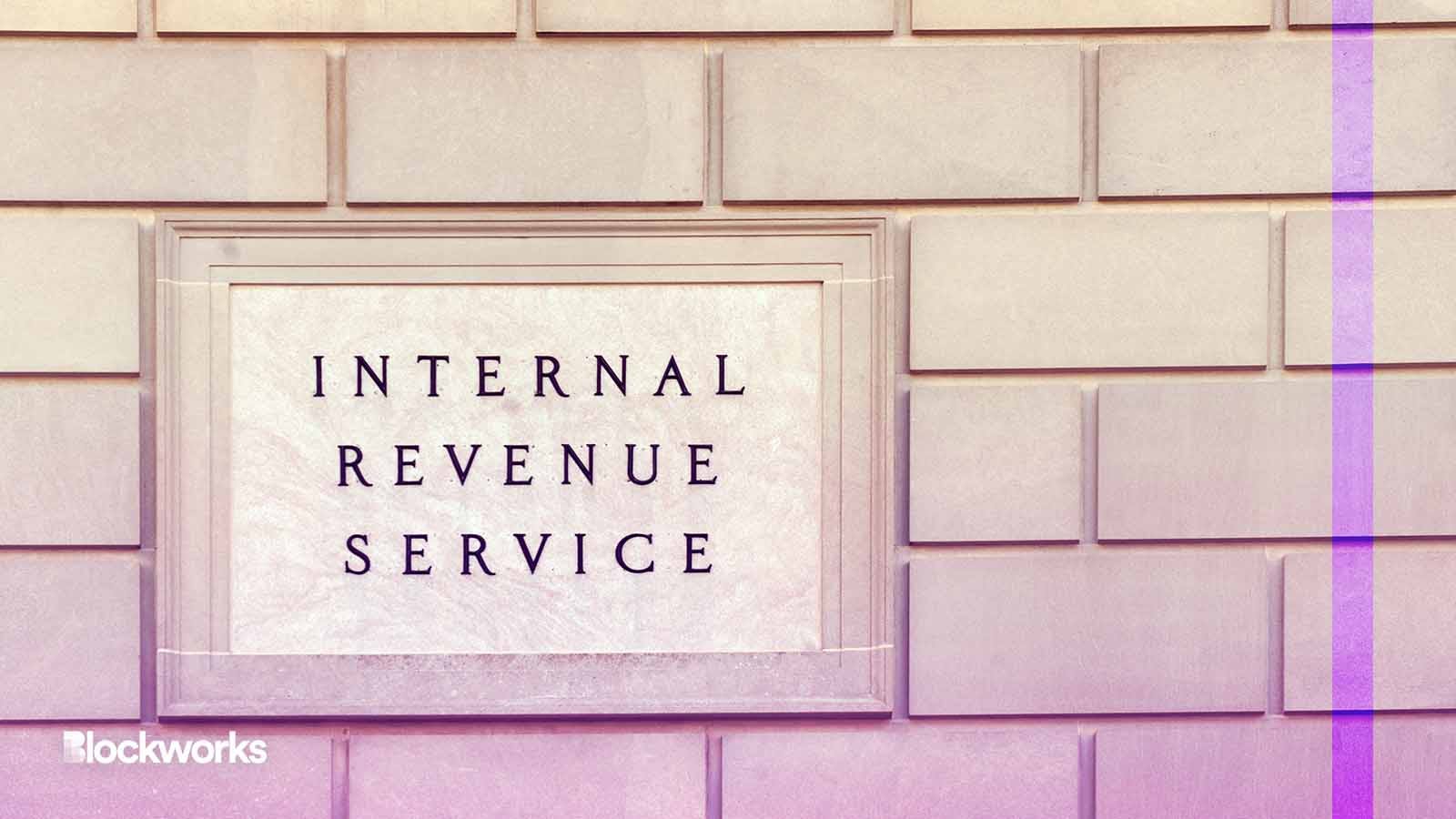Using Friend.tech? Accountants advise keeping close records
Accountants say anyone trading on the popular app should expect to report their activities and profits to the IRS

Natalia Bratslavsky/Shutterstock modified by Blockworks
Friend.tech, the decentralized social media platform that surged over the weekend, could lead to some significant tax headaches this spring, accountants say.
At launch, the platform allows users to buy and sell “shares” of personal accounts on X, formerly Twitter. Friend.tech rebranded what users could buy to “keys” on Monday. Either way, under this economic model, users can generate revenue in a number of ways — and create taxable events, according to accountants who spoke to Blockworks.
Profit may be earned by trading keys — plus, influencers take a 5% commission on trades of their own keys — and some key holders can earn “dividends” when influencers opt to share these earnings.
“Friend.tech does likely have KYC [know-your-customer] collection and reporting requirements under the Infrastructure Investments and Jobs Act of 2021,” said Gabriel Brin, vice president of tax and accounting product at Ledgible. “However, regardless of the protocol/app ability to fulfill those requirements, the investors have the same tax implications of buying and selling these social media digital assets that they would on trading any other digital assets on any other platform.”
Anyone trading on the app should expect to report their activities and profits at the end of the tax year, Brin added.
“A user’s trade activity is not free of requirements for regular record keeping, tax return documentation and tax liability,” Brin said.
Read more: Friend.tech will likely draw the SEC’s attention, legal experts say
According to Amy Hatch, tax SME manager at TaxBit, most Friend.tech transactions would fall under capital gains or ordinary income for the purpose of tax obligations. She says users should maintain records and use an aggregator that can organize financial data from different sources.
“Become acquainted with the tax laws relevant to cryptocurrency transactions and earnings from digital platforms in your area,” Hatch said. “These rules can differ greatly by jurisdiction, so it’s essential to understand the local requirements you may be subject to.”
The platform links users wallets with their X handles, which is then visible to the public.
“It is feasible that blockchain analysis tools could be used by tax authorities (or any interested party) to identify patterns of transactions and link them to specific users,” Hatch said. “However, while on-chain data can assist in tracking transactions, determining the intent and related taxability behind these transactions often requires additional context and investigation.”
Friend.tech does not yet have a privacy policy, but there are some terms of use. At sign-up, users allow Friend.tech to view all posts and accounts that the user can see, including protected accounts.
Users also grant permission for Friend.tech to post posts and reposts from the users’ account. Users can disable these permissions following registration.
Get the news in your inbox. Explore Blockworks newsletters:
- The Breakdown: Decoding crypto and the markets. Daily.
- 0xResearch: Alpha in your inbox. Think like an analyst.






